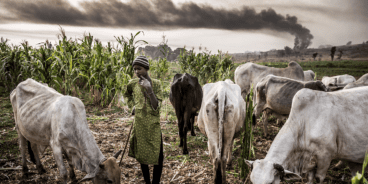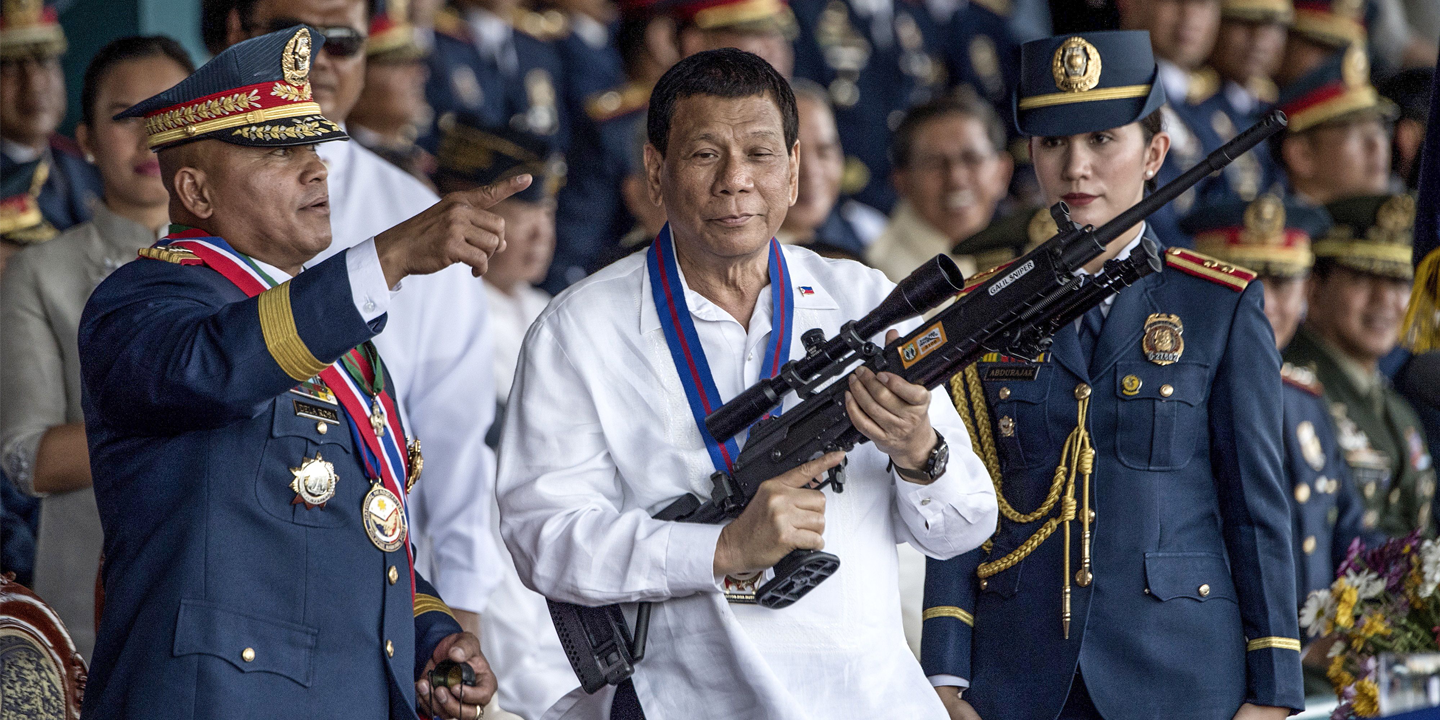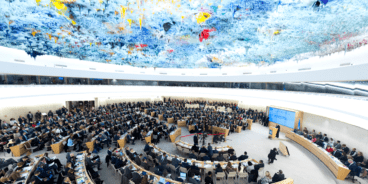

The Asia Pacific Partnership for Atrocity Prevention (APPAP) Members Statement on the Philippines
The Asia Pacific Partnership for Atrocity Prevention (APPAP) is an alliance of organisations working to promote human rights and support atrocity prevention in the region.
APPAP urges the President of the Philippines, Rodrigo Duterte, not to sign the anti-terrorism bill into law, as it poses serious threats to human rights and could increase the risk of atrocity crimes.
The bill, which both houses of the Philippine Congress passed on 9 June 2020, is an updated version of the 2007 Human Security Act. It will give more powers to authorities to arrest suspects without warrants, detain them for longer periods of time, and conduct expanded surveillance of those deemed “suspicious”. It will also remove penalties for wrongful detention.
Moreover, given its vague definition of terrorism, the legislation has the potential to be exploited by authorities to suppress civil liberties and silence opposition. The bill would establish a male-dominated anti-terror council that can define what constitutes acts of terrorism and the burden of proof will fall on suspected individuals and organisations. APPAP fears the legislation could be weaponised against certain communities based on religious or ethnic profiling, or against those engaged in legitimate dissent or expressing discontent about government services or policies.
As the legislation does not seem to distinguish between organisations that commit terrorist acts and revolutionary armed movements already engaged in peace talks with government (albeit, currently suspended), mediation between parties to conflict may be hampered and peacebuilding efforts significantly set back. This is especially the case in Mindanao, which has experienced years of conflict between the government and the Moro Islamic Liberation Front (MILF). Mediation and peace dialogues have resulted in a transitional regional government in the autonomous region of Bangsamoro. By contrast, hard law and order and counter-terrorism approaches tend to exacerbate resentment and give rise to more radical groups, including ISIS-affiliated movements like Abu Sayyaf. Rather than making communities safer, going down this path may increase the risk of atrocity crimes being committed by both non-state armed actors and the government.
The Philippines has a record of human rights abuses including arbitrary detention and extra judicial killings, silencing of dissent and targeting of human rights defenders, lawyers, journalists, political opponents and others who dare to speak out. During the Covid-19 pandemic, repressive measures have been implemented by law enforcement, including torture, sexual harassment, and inhumane and degrading punishments against those who did not comply with quarantine rules. Violations of human rights, violence against civilians by security forces, and a lack of transparency and accountability have been normalised in the Philippines at a time when a health crisis is plaguing the country.
This environment will be further nurtured by the anti-terrorism bill. Not only could the proposed legislation see individuals and non-government organisations labelled as terrorists and subject to warrantless detention and other punitive measures, it is also likely to lead to large scale targeting of specific groups. The Muslim and Moro communities, for instance, who have endured years of discrimination and profiling as “terrorists” will likely bear the brunt of government harassment under this new legislation, which in turn may lead to an increase in the severity and frequency of terror attacks.
The government, already taking a hardline approach in its labelling of the Communist Party of the Philippines (CPP) and the New People’s Army (NPA) as terrorist groups, may exploit the anti-terror legislation to target progressive organisations, political opponents, students, and Indigenous people who are viewed as associated with the communist movement.
The proposed anti-terror law could serve as a trigger for intensified violence by both state forces and non-state armed groups in the Philippines, where an already volatile atmosphere exists. APPAP urges dialogue and peacebuilding rather than hardline law and order policies, which not only lack evidence of effectiveness, but could actually inflame tensions further and lead to the commission of atrocities.
We call on the Philippine government to heed these urgent calls and return to the path of dialogue and peace. APPAP stands in solidarity with the Filipino people in these trying times.
APPAP calls on the Philippine Government to:
- Retract the anti-terrorism bill and re-open consultation with stakeholders including civil society and non-government organisations, and local communities in conflict-affected regions.
- Ensure that any future counter-terrorism legislation is in line with international human rights law and standards, particularly, the right to due process and freedom of expression.
- In consultation with civil society and other relevant parties, develop a clear definition of terrorism and ensure the burden of proof does not lie with accused individuals or organisations.
- Support peacebuilding processes and reconciliation dialogues in conflict-affected areas, by working collaboratively with the non-government sector to address root causes and prevent escalation of violence.
- Investigate and hold accountable members of the security sector for violations of human rights including those committed in relation to the war on illegal drugs, Covid-19 restrictions, and the campaign against terrorism.
- Uphold the responsibility to protect the population of the Philippines from atrocity crimes.
Related Content


Recommendations for the 41st Session of the Universal Periodic Review
